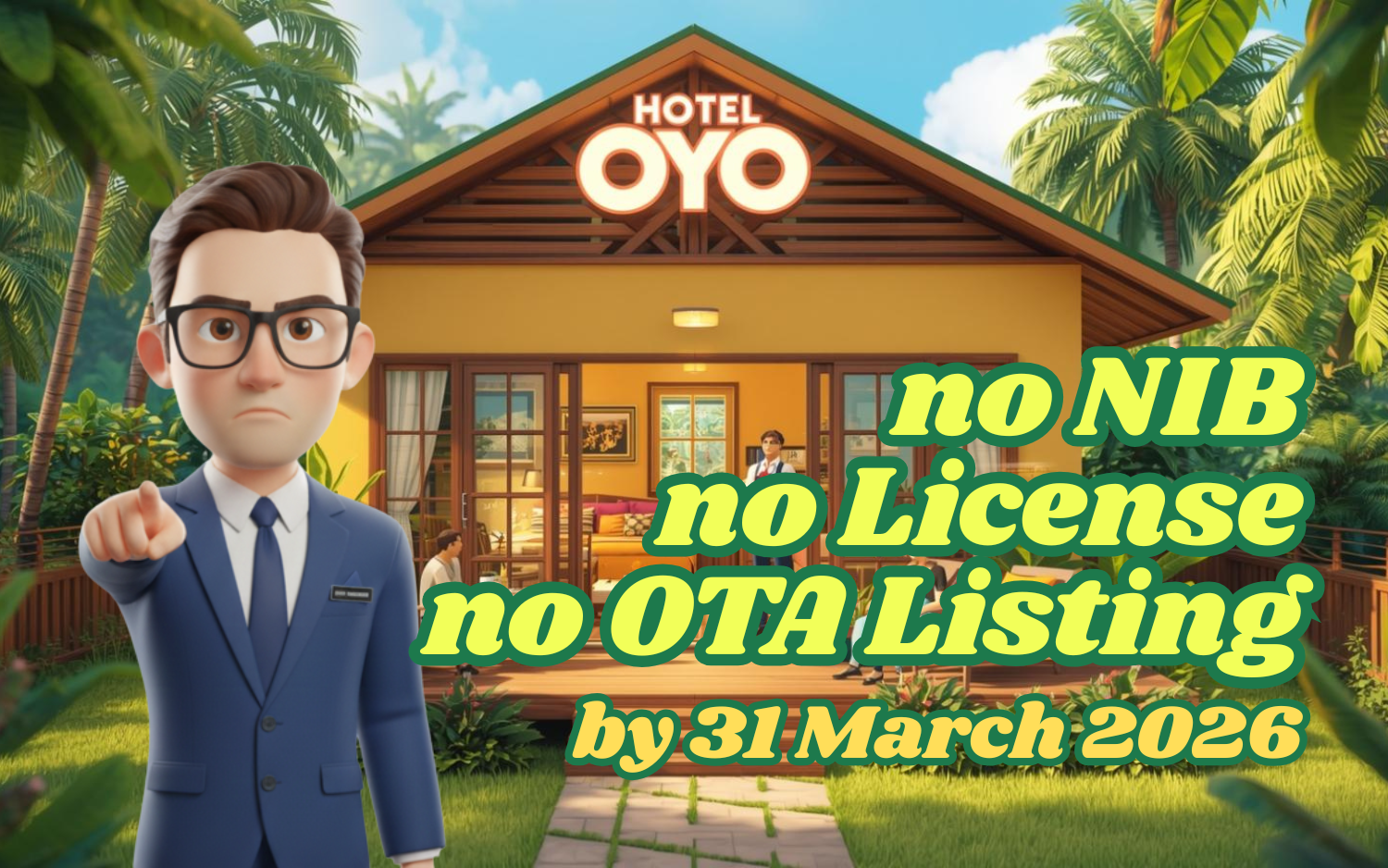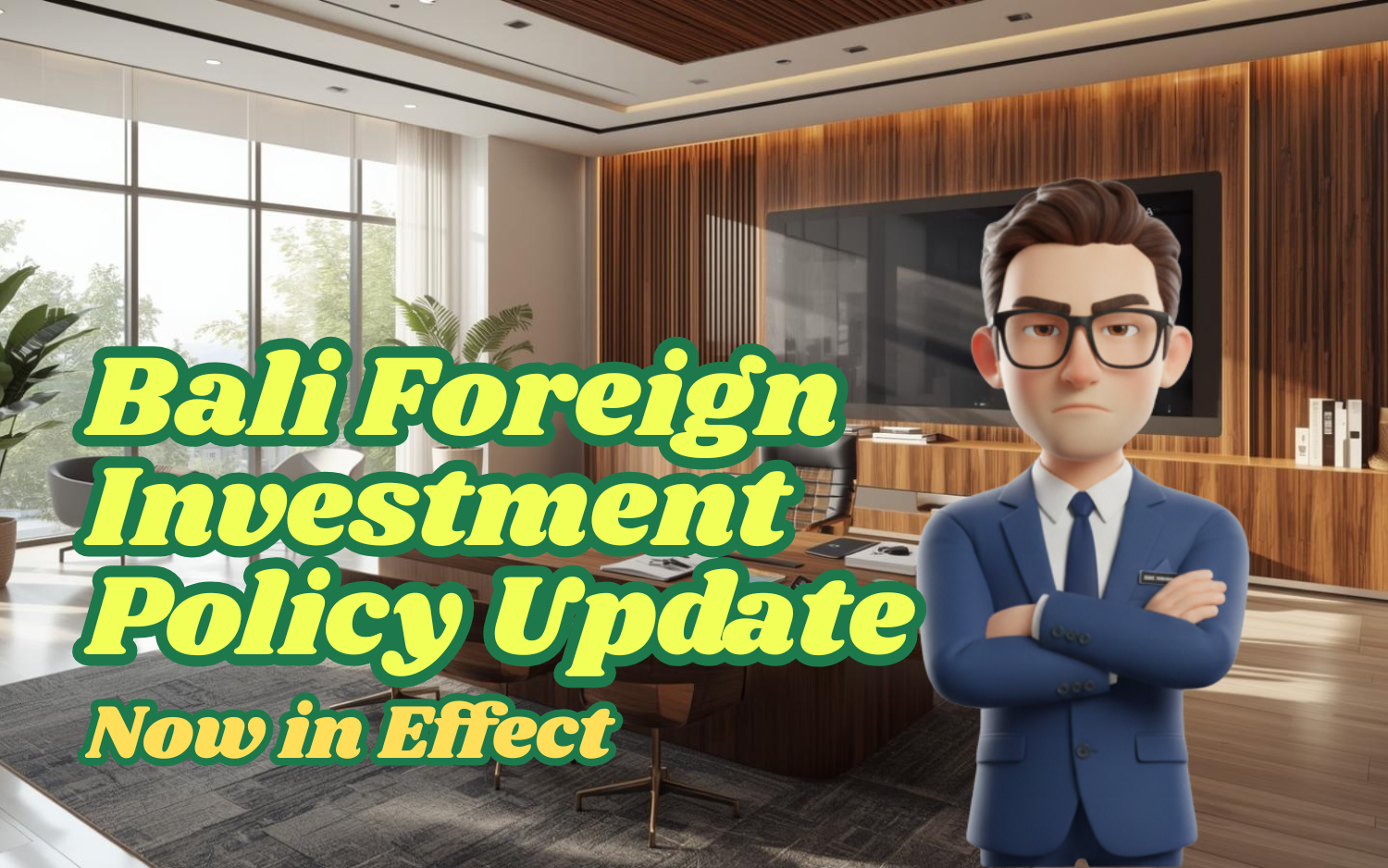When it comes to international travel, having a secure and durable passport is essential. In recent years, there has been a shift from regular e-passports to more advanced polycarbonate e-passports. But what exactly is the difference between these two types of e-passports? Here’s what you need to know to make an informed choice.
1. Difference in Material and Durability
- Regular E-Passport: The traditional e-passport is made with an ordinary glossy laminated paper material. While this type of passport is functional, it tends to be less durable, as the pages can fold, bend, or even tear over time due to the less sturdy material.
- Polycarbonate E-Passport: In contrast, the polycarbonate e-passport is crafted from a strong, rigid polycarbonate material. This makes it much more durable, resistant to folding or bending, and overall more robust. The use of polycarbonate ensures that the passport can withstand regular wear and tear, making it a longer-lasting option for frequent travelers.
2. Printing Technology
- Regular E-Passport: The printing technology used for regular e-passports involves the use of standard ink. This conventional printing method is effective but does not offer any advanced security features beyond the basic ink application.
- Polycarbonate E-Passport: The polycarbonate version takes advantage of advanced laser printing technology. This method is far superior as it engraves the information directly onto the polycarbonate material. This laser engraving is not only more durable but also provides additional security features that are more resistant to tampering and forgery.
3. Enhanced Security Features
- Regular E-Passport: While regular e-passports do store the holder’s data in an embedded chip, they rely on basic security features. The data stored can be read by scanning the chip, but it lacks the advanced encryption methods that offer higher security.
- Polycarbonate E-Passport: The polycarbonate e-passport goes a step further in securing the holder’s information. It also contains an embedded chip that stores the holder’s data, but this data can only be accessed with a special encryption key, adding an extra layer of security against unauthorized access. Moreover, it incorporates a hologram effect that changes color when viewed from different angles, making it significantly more difficult to counterfeit. This enhanced security makes the polycarbonate e-passport a more secure and reliable choice for travelers.
Understanding the differences between a regular e-passport and a polycarbonate e-passport is crucial for those who travel frequently or are concerned about the security of their travel documents. The polycarbonate e-passport offers superior durability, advanced printing technology, and enhanced security features that make it a more secure option for international travel.
Call to Action:
Thinking about renewing your passport? Consider opting for a polycarbonate e-passport for added security and durability. Still have questions? Reach out to Azra Solutions for more information and assistance with your travel documents! #TravelSmart #PassportSecurity #AzraSolutions
📩 Contact us for consultations:
🌐 www.azraid.com
📞 +62 812-8946-2599 | +62 818-0540-4204
📱azrapradipasolusi
















